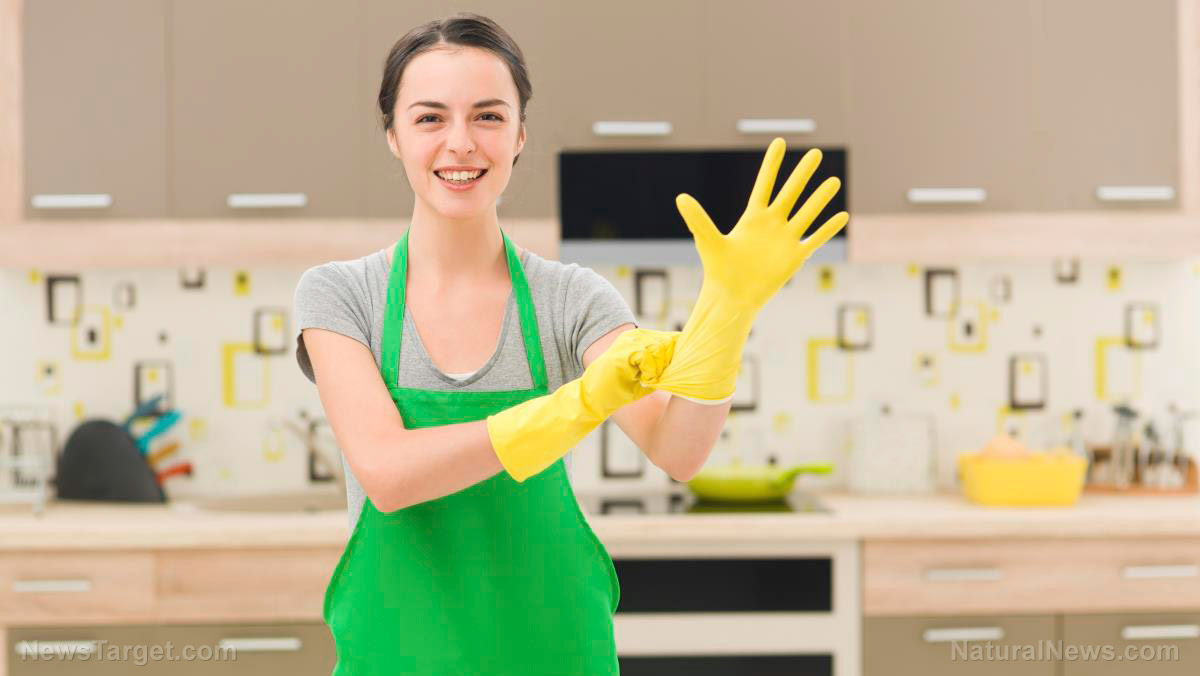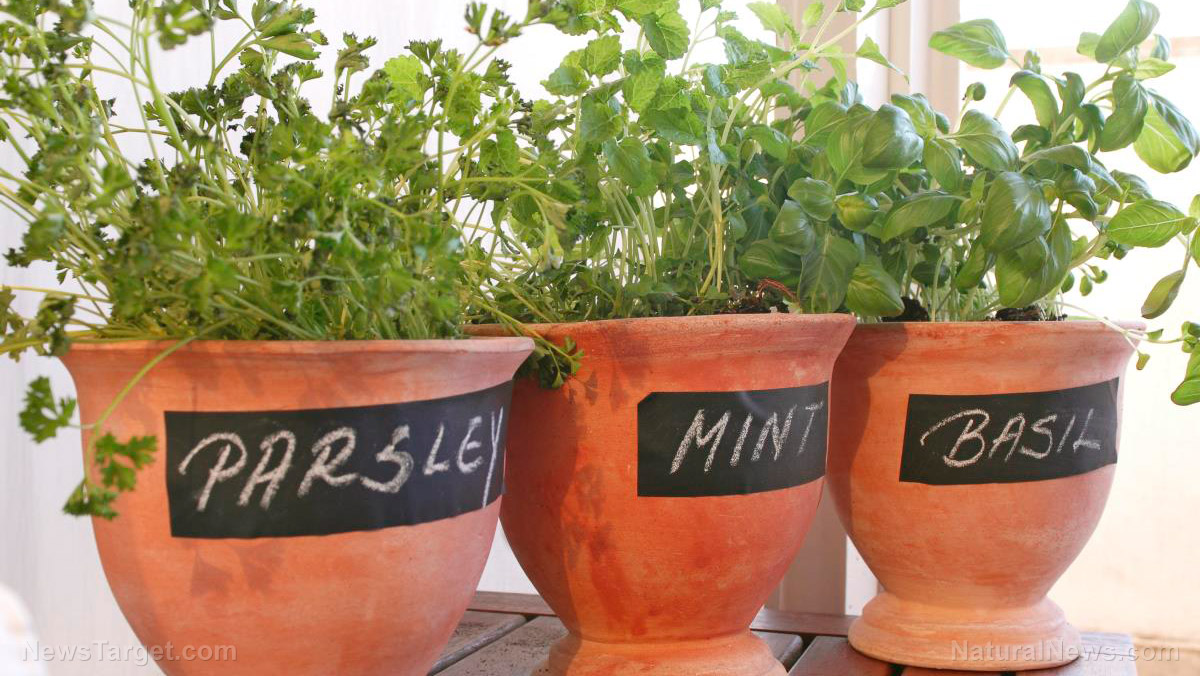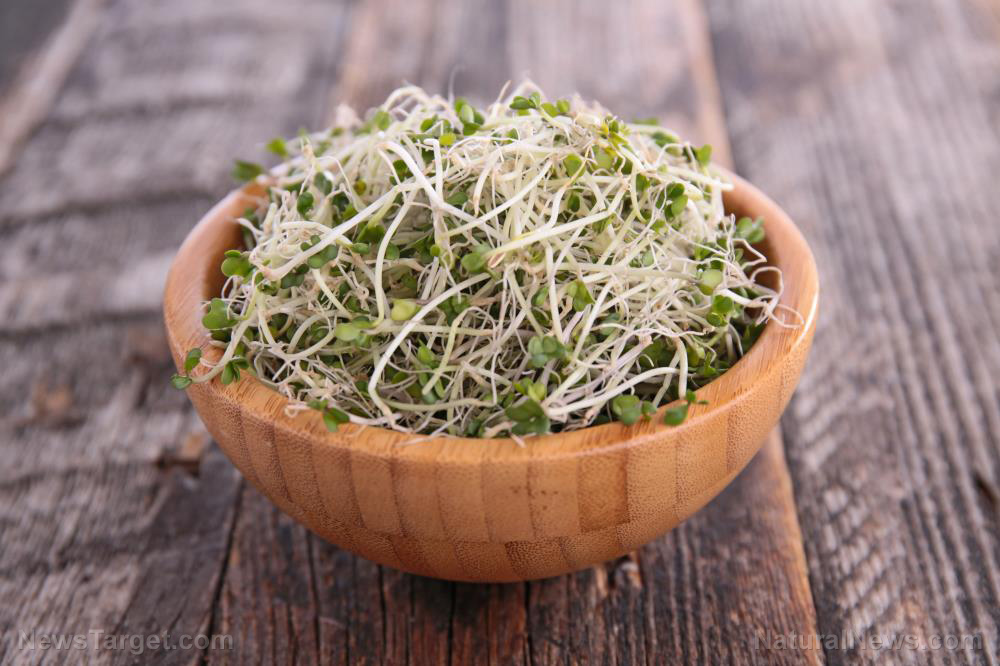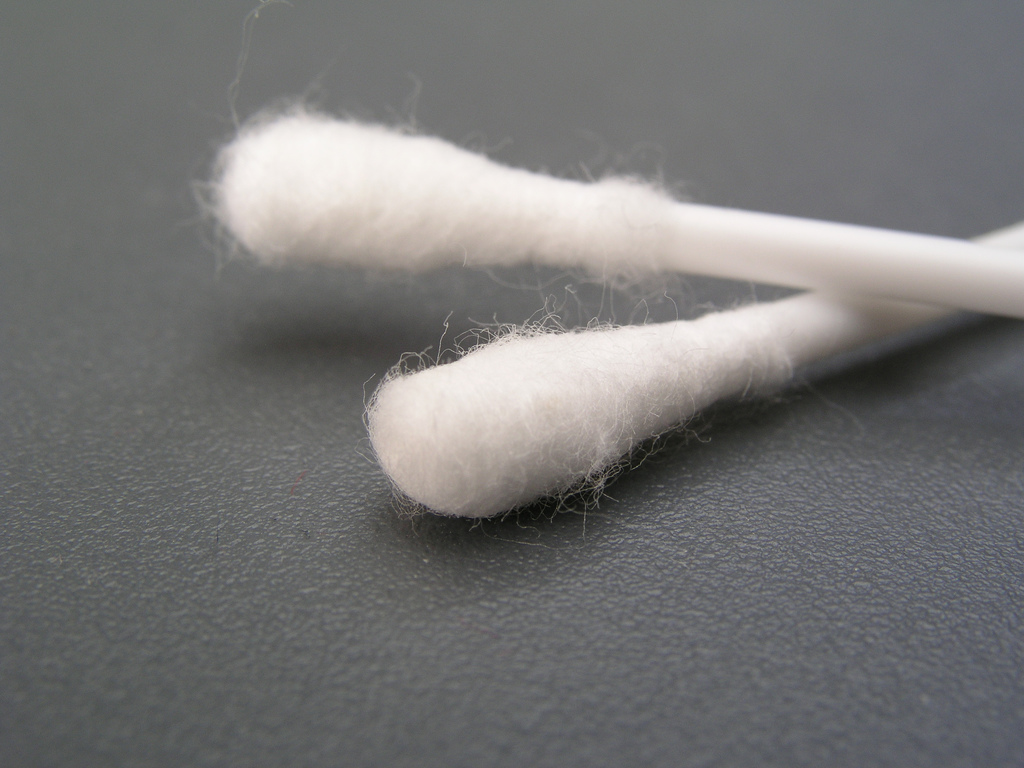Protect your home from coronavirus and other pathogens by making home-made disinfectants
03/23/2020 / By Divina Ramirez

The new coronavirus disease or COVID-19 is a respiratory illness that causes symptoms similar to those of the common cold, such as fever, cough and shortness of breath.
However, while it can potentially be life-threatening in individuals with poor immune systems and underlying conditions, a recent situation report by the World Health Organization (WHO), says most people do recover from the disease.
Experts say that while the disease is not airborne, poor nutrition and hygiene practices contribute to a high rate of transmission.
Why disinfect?
A person can contract the new coronavirus disease by touching a contaminated surface and then touching the mouth, nose or eyes, according to the Centers for Disease Control and Prevention (CDC). The virus itself can survive on many surfaces, such as cardboard, copper, plastic and stainless steel.
A study published in The New England Journal of Medicine revealed that the new coronavirus can survive on plastic for up to 72 hours. Meanwhile, it remains viable on stainless steel for up to 12 hours.
Therefore, it is important to not only clean but also disinfect surfaces, especially those in common living quarters since cleaning simply removes dust and dirt particles, while disinfecting kills bacteria and viruses.
The most important surfaces to clean and disinfect regularly are those that are often touched, such as doorknobs, light switches, remote controls, countertops, tables, toilet handles, faucet handles and stair handrails. Depending on the size and members of your household, you may also need to clean and disinfect toys, pet items, outdoor shoes and clothes. Doing so may significantly reduce the risk of transmission.
Even if neither you nor members of your household are showing symptoms of the new coronavirus disease or any other viral infection, regularly cleaning and disinfecting hard surfaces can get rid of similar disease-causing pathogens, such as Escherichia coli (E. coli), salmonella, norovirus and hepatitis A virus.
Homemade disinfectants
Current essential cleaning supplies, such as hand sanitizers and disinfectant sprays, are quickly selling out due to popular demand. (Related: Preppers weren’t overreacting: Americans taken by SURPRISE because they didn’t take coronavirus seriously.)
Fortunately, you can easily make your own disinfectant spray or wipes from items you may already have at home. Here are some do-it-yourself recipes:
Clorox disinfectant wipes
This is a simple way to repurpose used Clorox disinfectant wipes containers. It also uses bleach and dishwashing liquid, which are common household items.
Materials:
- 4 ounces (oz) of Clorox
- 0.5 oz of dishwashing liquid
- 1 gallon (gal) of water
- 1 paper towel roll
- A plastic container
Instructions:
- Mix bleach, dishwashing liquid and water in a plastic container.
- Cut the paper towel roll to match the size of the plastic container.
- Pour the solution over the paper towels.
- Remove the cardboard center and pull a paper towel from the middle.
- Let the paper towels soak for a few minutes.
- Pour any leftover solution into a spray bottle and use as a disinfectant spray.
Reusable cleaning wipes
If you wish to save your paper towels, you can use rags or washcloths instead for a reusable alternative.
Materials:
- 24 oz of water
- 6 oz of rubbing alcohol
- 1 oz of dishwashing liquid
- Rags
- A plastic container
Instructions:
- Mix rubbing alcohol, dishwashing liquid and water in a plastic container.
- Decide how big or small you want your reusable wipes to be. Cut the rags as necessary.
- Fill the plastic container with the rags.
- Let the rags soak for a few minutes.
- Cover the container with a lid to prevent evaporation.
- Repeat the solution as needed.
Keeping surfaces clean and practicing proper hygiene are crucial preventive measures given a worldwide pandemic.
Outbreak.news has more stories on viral infections and preventive measures.
Sources include:
Tagged Under: coronavirus, disinfectant wipes, disinfectants, Gear, homesteading, infections, prevention, proper hygiene, sanitation, survival
Get independent news alerts on natural cures, food lab tests, cannabis medicine, science, robotics, drones, privacy and more from NewsTarget.com
Get independent news alerts on natural cures, food lab tests, cannabis medicine, science, robotics, drones, privacy and more from NewsTarget.com
RECENT NEWS & ARTICLES
COPYRIGHT © 2017 · SURVIVAL NEWS




















